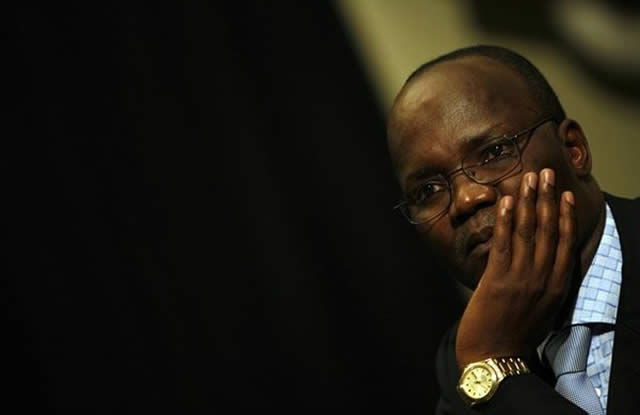Sanctions on zim should be removed
Lloyd Gumbo in GENEVA, Switzerland
Several countries which attended Zimbabwe’s presentation of its human rights record under the auspices of the Universal Periodic Review here yesterday, called for the lifting of Western-imposed sanctions on the country saying they militated against citizens’ enjoyment of human rights. In their contributions during the plenary, representatives from various countries, the majority of them, Africans who spoke after Vice President and Minister responsible for the Ministry of Justice, Legal and Parliamentary Affairs, Emmerson Mnangagwa, presented Zimbabwe’s national human rights report, hailed the country’s promotion and protection of human rights despite the existence and negative effects of the illegal sanctions.
“Zimbabwe has made tremendous effort in setting the legal and institutional framework for the protection and promotion of more rights through ratification of various human rights treaties,” said a representative from Nigeria.
“Nigeria is encouraged by Zimbabwe’s efforts to economic development through the launching of Zimbabwe Agenda for Sustainable Socio-Economic Transformation 2013-2018.
“Following Zimbabwe’s economic challenges caused by the imposition of the economic sanctions, which has hampered implementation and realisation of human rights especially socio-economic rights, we would like to recommend to Zimbabwe to continue to mobilise resources and technical support to enhance capacity to perform its human rights obligations.”
A representative from South Africa said Zimbabwe had made great strides in promoting and protecting human rights evidenced by the establishment of a national plan of action that focused on implementation of recommendations that were given to Zimbabwe in 2012.
South Africa said the 2013 Constitution with an expanded Bill of Rights and establishment of institutions that promote and protect human rights was clear evidence of the country’s commitment to human rights.
“South Africa recognises that Zimbabwe has made tremendous progress in the promotion and protection and enjoyment of these rights despite unilateral coercive measures especially economic sanctions that limit fiscal space and severely constrain the Government’s ability to implement its UPR undertakings.
“We believe that it is counter-intuitive to expect a country to expedite implementation of its obligations while at the same time hampering its ability to do so,” said the representative from South Africa.
A representative of Sudan hailed Zimbabwe for promoting and protecting human rights of its citizens despite the economic challenges that it faced as a result of the economic sanctions, which she said hampered implementation and realisation of human rights.
A representative of Uganda said: “As highlighted in the report, Zimbabwe faces many challenges from crippling economic sanctions that have restricted the flow of necessary resources for implementation of Government programmes. We urge for unconditional lifting of these damaging economic sanctions.”
Venezuela’s representative also said: “Despite the economic sanctions on Zimbabwe, we value the progress they have made in promoting and protecting human rights.” Angola’s representative said the economic sanctions imposed on Zimbabwe was an obstacle to the country’s enjoyment of economic development.
Mozambique’s representative said: “Mozambique joins those who have appealed for the lifting of the economic sanctions on Zimbabwe.” Democratic People’s Republic of Korea representative asked how the Western-imposed sanctions on Zimbabwe affected the country’s health delivery.
In his response, VP Mnangagwa said: “Yes, there has been a general decline in the area of health service deliveries in all health centres especially decline in maternal child nutrition due to lack of funding in that sector.
“Obviously also, in various sectors of our economy, as a result of the slowdown of our economy, resulting from the imposed sanctions, we have had brain drain, which has affected service delivery in the country.”
The session was attended by commissioners of the Zimbabwe Human Rights Commission led by chairperson, Mr Elasto Mugwadi while Zimrights director, Mr Okay Machisa led a team of the civil society. In separate interviews after the plenary, Mr Mugwadi and Mr Machisa said the report that was presented by VP Mnangagwa captured the issues that they raised.







Comments